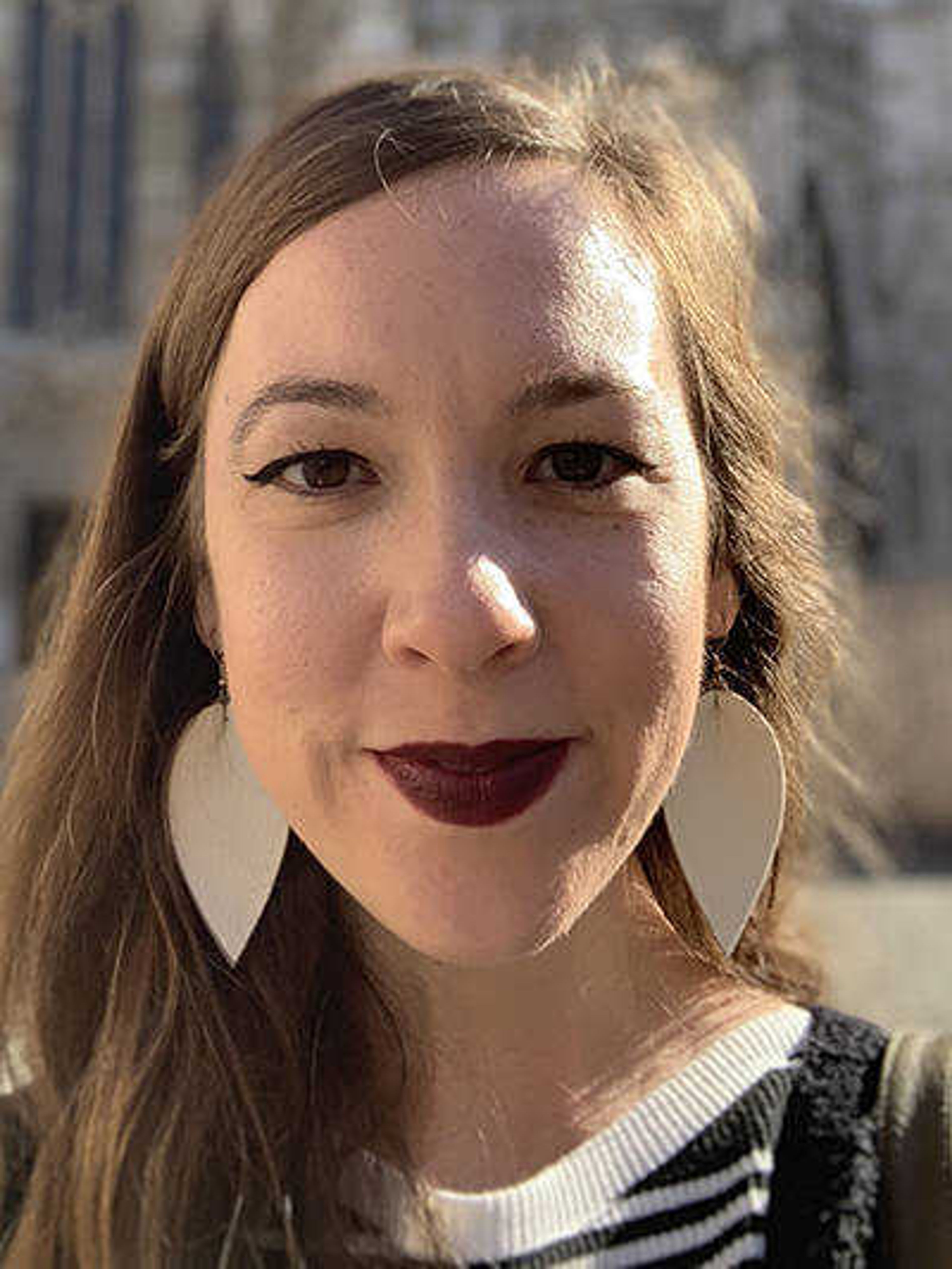Giving despite meager resources
I admire people who are all in no matter if they're winning or losing, whether they're brilliant or awful at what they're doing. It's an admirable quality because it shows security in abandonment. It takes trust and faith that there is something or someone bigger that makes our own efforts and judgments less important. This larger security net gives us permission to stop playing it cool, and instead be passionate...
By Mia Pohlman
I admire people who are all in no matter if they're winning or losing, whether they're brilliant or awful at what they're doing. It's an admirable quality because it shows security in abandonment. It takes trust and faith that there is something or someone bigger that makes our own efforts and judgments less important. This larger security net gives us permission to stop playing it cool, and instead be passionate.
The woman in Luke 21:1-4 (NAB) has this kind of all-in faith. She knows it is God who merits all her praise, and she shows this through her sacrifice of placing two small coins in the offering at the treasury. Jesus commends her by saying, "I tell you truly, this poor widow put in more than all the rest; for those others have all made offerings from their surplus wealth, but she, from her poverty, has offered her whole livelihood."
She could have not risked the walk to the offering plate and the ridicule or silent judgment of the people who saw her placing her meager offering in alongside the larger ones. But she made the walk. In so doing, she taught others, and gave us permission and courage to offer our own humble offerings.
Reflecting on this Gospel, Monsignor James Vlaun said, "It's not in the surplus that Jesus reminds us we will be saved. It's in the places of lack, the places of uncertainty, the places of uneasiness that Jesus breaks through and calls us to more."
This redefines sacrifice. Now, instead of something we skim obligatorily off the top of what we have, sacrifice becomes a priority that is a joy to give because it comes from a poverty that means something to us, and a part of ourself goes with it.
We are called not only to share our gifts, but also to share from our lack, because this is what it means to give all we have. We are called to give from what we're not good at, from our lack of talent, from our lack of time, from our discomfort. If we have extra of something, we can afford to hold some back, but giving from what little we have asks that we give all.
Instead of looking inward at myself and fearing my incapabilities, I can look outward at God and see His capability. The magi didn't know how to get where they were going, and didn't even know where they were going, really. But they saw a star in the sky, kept their eyes on it, and it led them to where they needed to be. Their destination turned out not to be a place, but their true desire all along: their Savior. This steady gaze on God is, I think, what gives us courage to offer all.
Being an offerer is a vulnerable, uncomfortable position because an offering doesn't have to be accepted. In offering, we become susceptible to being rejected. Perhaps that is what makes humble offerings all the more sacred -- in offering from what we hardly have or aren't good at, we place a childlike faith in God's desire to accept us not for what we have or what we do, but for who we are: a child and image of God, someone God always accepts.
Connect with the Southeast Missourian Newsroom:
For corrections to this story or other insights for the editor, click here. To submit a letter to the editor, click here. To learn about the Southeast Missourian’s AI Policy, click here.










